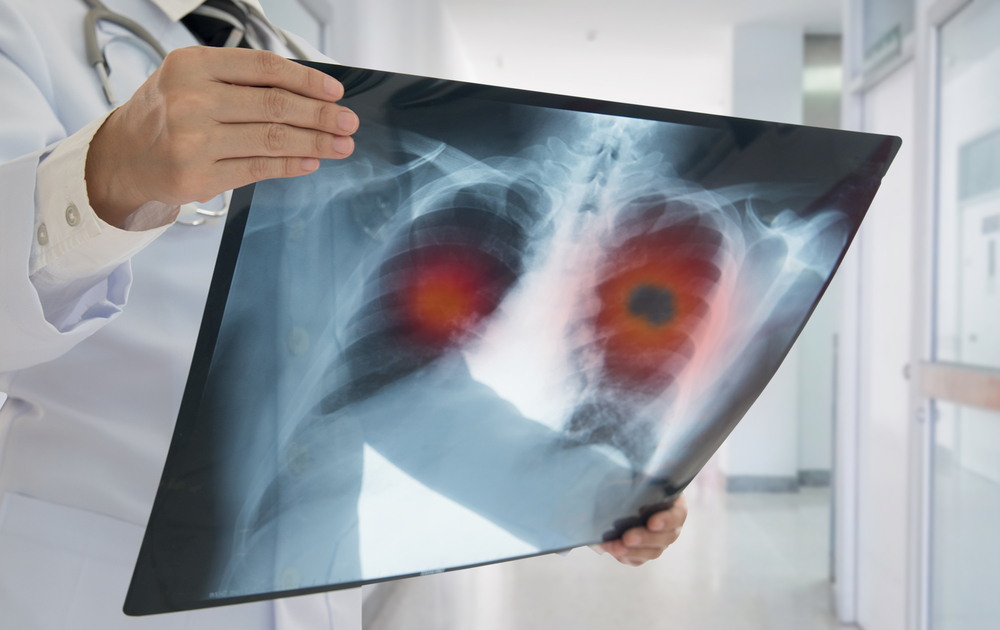Taking charge of your health is crucial to staying ahead of potential risks, especially when it comes to cancer. This guide outlines recommended health tests at different life stages – 20, 30, 40, 50 and 60 – to empower you with knowledge about your body’s well-being. Remember, if you have a higher risk due to specific factors, it’s wise to start screenings earlier. Adhering to specific guidelines for blood sample collection ensures accurate results unaffected by recent meals. Ideally, blood samples should be taken in the morning after an overnight fast.
Age 20:
At this stage, prioritize your sexual health. Sexually transmitted infections (STIs) like HPV and HBV are linked to cervical and liver cancer risks, respectively. Undergo regular physical exams and pap smears every 3 years for cervical cancer screening.
Age 30:
Continue pap smears every 3 years and HPV tests every 5 years. Additionally, annual checks for diabetes and cholesterol are crucial, as they can signal the early stages of conditions that may elevate cancer risk.
Age 40:
For women biannual physical breast exams and mammograms are recommended. Stay proactive by considering alternative methods and understanding limitations. Begin colorectal cancer screenings at 45 through colonoscopies or mail-in stool test. Prioritize eye health with detailed exams to detect glaucoma and cataracts.
Age 50:
Screen for osteoporosis to assess fracture risk. If you’ve had a history of smoking or high-risk environmental exposure, consider lung cancer screenings. Men should explore prostate cancer screening options.
Age 60:
Prioritize abdominal aortic aneurysm screening and cognitive testing for dementia risk.
Incorporating Functional Medicine
Enhance your cancer prevention strategy by integrating Functional Medicine. This approach assesses markers like blood sugar, insulin levels, inflammation, toxic load, nutrition, stress and genetics to identify underlying cancer risks. These methods complement conventional treatments, supporting recovery and overall well-being.
Further Exploration
For a deeper understanding of cancer development, explore articles on methylation and its role, as well as the connection between inflammatory markers and cancer risk.
Every healthy choice you make significantly impacts your body’s resilience against cancer. Seize control of your health journey and subscribe to our newsletter that will help you make informed decisions to safeguard your future.

